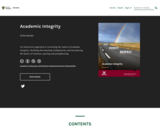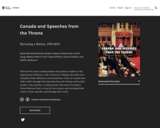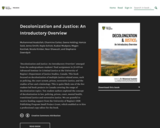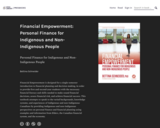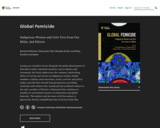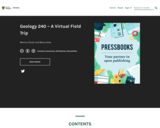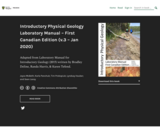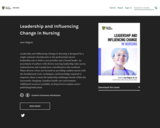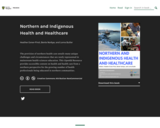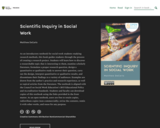Short Description:
This book is an educational, entertaining, and highly personal memoir written during a global pandemic. It provides an insightful snapshot of the occasionally bumpy yet spiritually transformative cancer journey of a middle-aged, immigrant, and non-partnered academic living in a sunny Canadian prairie province.
Long Description:
This book is an educational, entertaining, and highly personal memoir written during a global pandemic. It provides an insightful snapshot of the occasionally bumpy yet spiritually transformative cancer journey of a middle-aged, immigrant, and non-partnered academic living in a sunny Canadian prairie province.
It will be of interest to anyone who: 1) is or has been on the cancer continuum as a patient, caregiver, family member, or friend; 2) is or strives to be a health professional (oncologist, GP, nurse, social worker, pharmacist, physio- or exercise therapist, etc.); 3) is an administrator, instructor, teaching assistant, or student at a post-secondary institution interested in health sciences, English literature (memoir writing, creative non-fiction, and narratives of illness), Women’s and Gender Studies, Spirituality Studies, Religious Studies, and the Fine Arts; 4) fellow authors and/or readers who like to give writers from the Canadian prairies a chance.
The Appendix includes “Leading Reading Questions” meant to increase everyone’s reading experience and lighten the load of fellow university professors who wish to adopt this book, or part of this book, for a class.
Word Count: 53928
ISBN: 978-0-7731-0764-9
(Note: This resource's metadata has been created automatically by reformatting and/or combining the information that the author initially provided as part of a bulk import process.)
